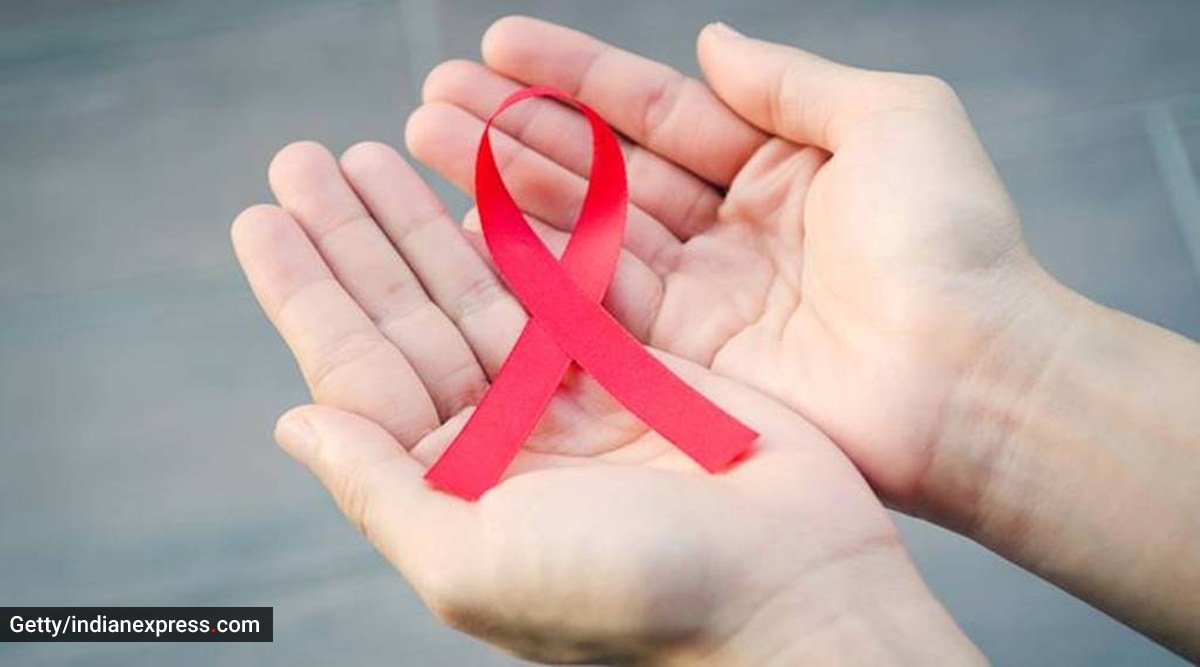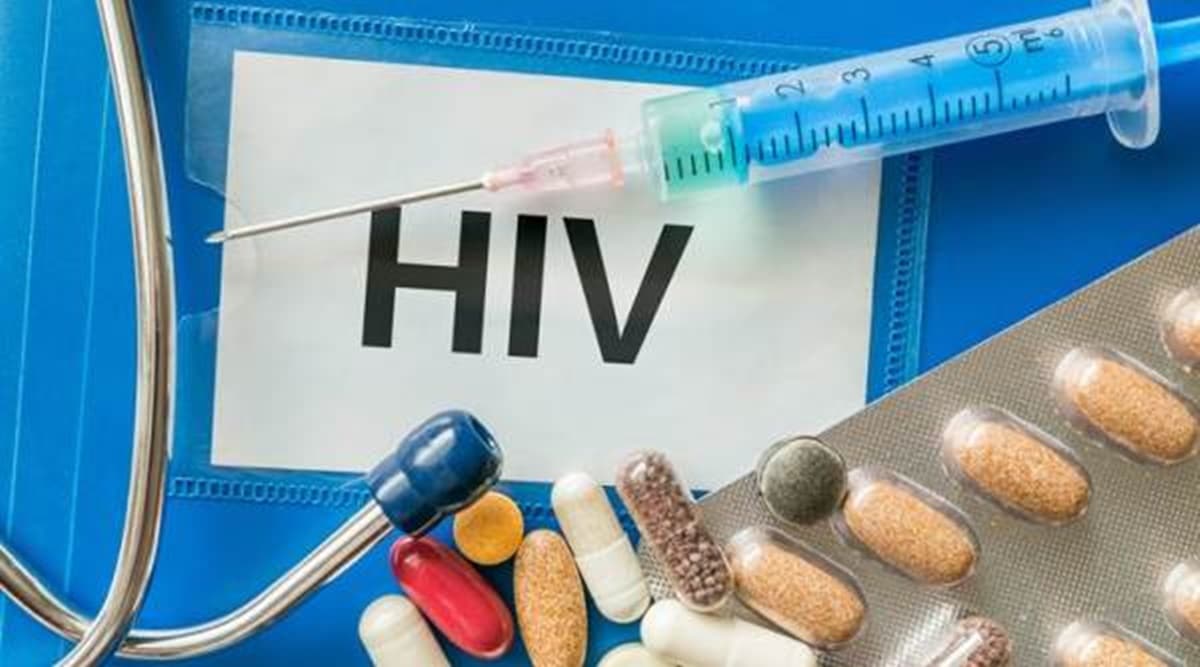3 percocet ok
Infected individuals are highly infectious in the first few months when they may not be symptomatic. The symptoms may only show up after their immunity is weakened. The symptoms include fever, diarrhoea, cough, swollen lymph nodes etc, said Dr Aruna Muralidhar

Written by Dr Aruna Muralidhar
What is HIV?
Human Immunodeficiency Virus or HIV in short, is a global health problem. It is estimated that about 38 million people worldwide are living with this infection. The concerted efforts of various organisations, governments, NGOs and healthcare providers has helped in preventing, diagnosing and treating the affected to a large extent.
However, bacitracin zinc ointment target there are caveats in the detection and care provision in many areas and the current COVID pandemic has seriously hampered healthcare provision and supply of the antiretroviral (ARV) therapy which is required lifelong.
Although there is no cure for HIV infection, effective medications can control transmission to other people by keeping the viral load low.
How does it affect the body?
The HIV affects the immune system of the affected individual and impairs their ability to fight many infections and cancers. The virus impairs or destroys immune cells called the CD4 cells and hence causes immunodeficiency. Without effective treatment, this state might advance to AIDS or Acquired Immunodeficiency Syndrome wherein, there is development of many other infections and cancers in the person.

The infected individuals are highly infectious in the first few months when they may not be symptomatic. The symptoms may only show up after their immunity is weakened. The symptoms include fever, diarrhoea, cough, swollen lymph nodes etc.
How to prevent the infection?
Primary prevention in women includes education and awareness about how the infection spreads, usage of condoms, avoidance of oral sex, promiscuity and IV drug abuse. Women who may have been sexually coerced, or have had multiple sexual partners or have had other sexually transmitted infections ideally must be investigated for sexually transmitted infections (STIs) including HIV.
Secondary prevention in terms of reducing the progression and transmission would be by early initiation of antiretroviral medication. Women with high risk for infection include sex workers, victims of sex abuse, innocent adolescents and substance abusers and healthcare providers also are at risk due to needle stick injuries.
How would it be diagnosed?
Although diagnostic blood tests are easily available, the testing has to be voluntary with informed consent. The test results must be given out in a confidential manner with proper counselling. If found positive, a repeat test is to be done in a certified lab to avoid reporting errors. Proper guidance and referral to an HIV treatment centre is a must after diagnosis. Also, contact tracing is important to try and identify all the potentially infected individuals to initiate post-exposure prophylaxis (PEP) or treatment in them. PEP involves the use of antiviral drugs within 72 hours of exposure to a HIV infected patient.
Does it pass on to the baby during pregnancy?
Another important aspect of primary prevention is the prevention of transmission from the mother to the child during pregnancy, labour and breastfeeding, also called Mother-to-child-transmission (MTCT). The initiation of ARV during pregnancy and during breastfeeding can almost eliminate this risk. Also, the viral load and CD 4 counts monitoring during pregnancy will help determine this risk. The delivery may have to be done by a caesarean section if the viral load is detectable. Also, if there is access to clean and safe formula feeding, avoidance of breastfeeding would reduce the risk of transmission to the baby.
Ideally, women who are are at high risk of HIV and planning pregnancy, must get HIV testing done in order to modify the disease progression and keep the viral load low to prevent infection to the partner and to the child.
How is HIV treated?
The treatment for HIV is by administering a combination of three or more antiviral drugs. Although there is no absolute cure for this, these drugs suppress the virus growth and improve immunity. Those on ARV must continue them lifelong. The newer drugs available are more effective, and tolerated well with low risk of discontinuation.
However, if the infection is detected late and in advanced stages with highly suppressed immunity and superimposed infections such as tuberculosis or fungal diseases such as cryptococcal infections, an aggressive approach towards rapid initiation of ARV, and treatment of other infections simultaneously must be done in a centre with multidisciplinary expertise in HIV management.

In conclusion, HIV infection continues to be a global health problem but early and appropriate diagnosis and treatment would help reduce the risk of transmission to others and progression in the individual.
The author is MD, MRCOG(UK), FRCOG(UK) Associate Director and Senior Consultant Obstetrician and Gynaecologist, Fortis La Femme Hospital, Richmond Road, Bangalore
? For more lifestyle news, follow us on Instagram | Twitter | Facebook and don’t miss out on the latest updates!
? The above article is for information purposes only and is not intended to be a substitute for professional medical advice. Always seek the guidance of your doctor or other qualified health professional for any questions you may have regarding your health or a medical condition.
Source: Read Full Article
